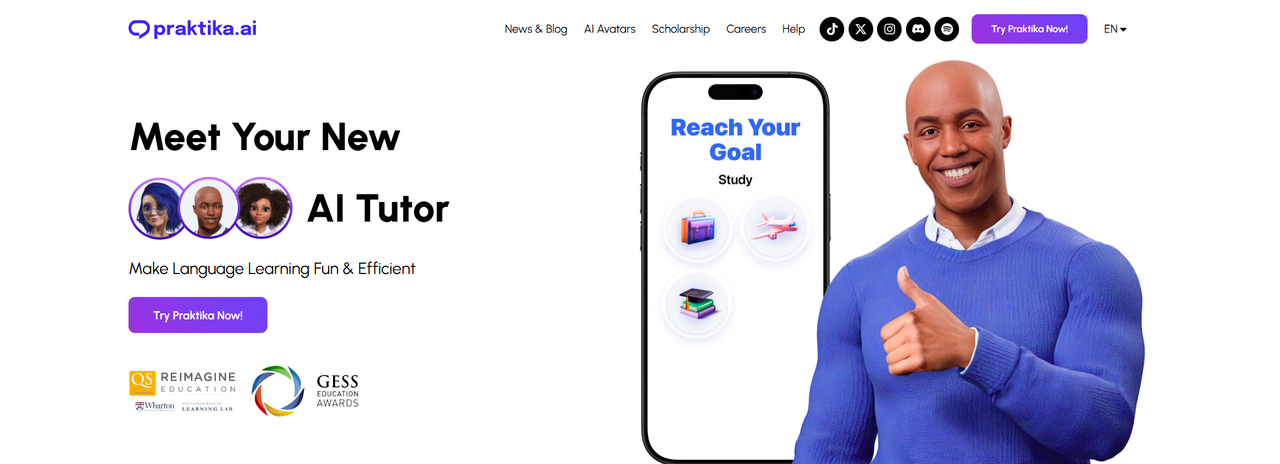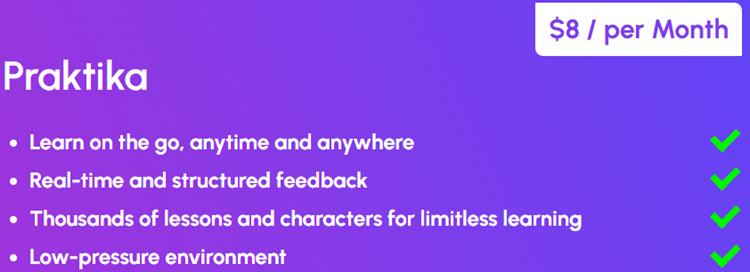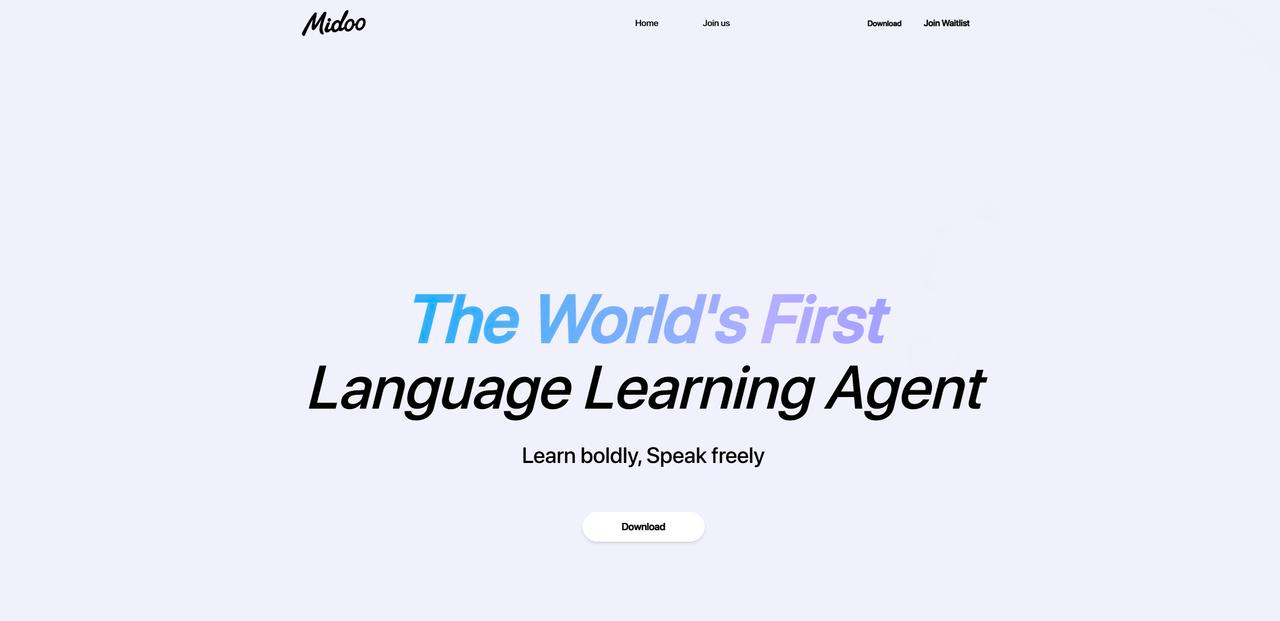Praktika Review: Can This AI Language Tutor Really Boost Your Speaking Skills?
AI tutors are becoming more common in language learning, promising on-demand speaking practice and instant feedback. Praktika is one such app, marketed as a way to practice speaking English anytime, anywhere. But can it truly replace a live tutor, or does it fall short when it comes to deeper learning?
What Is Praktika?

Praktika is an AI-driven language learning platform primarily focused on spoken English practice. It uses virtual 3D avatars and interactive dialogues to simulate real-life situations. You choose a topic or scenario, speak to the AI, and receive basic feedback on your responses.
While the concept is engaging — especially for visual learners — the app’s depth is limited. Its conversations are often scripted, and feedback may not be detailed enough to correct subtle errors or improve overall fluency.
Features of Praktika
Praktika’s approach blends gamified speaking practice with AI-driven feedback.
3D Avatar Conversations
You interact with AI-powered avatars in scenarios like ordering food, booking travel, or job interviews. This makes the practice more immersive, but the scripted nature can make conversations predictable.
Pronunciation & Fluency Feedback
The AI evaluates your speech for clarity and fluency, highlighting mistakes. However, it sometimes overlooks smaller pronunciation issues and doesn’t always provide actionable advice.
Scenario-Based Learning
Lessons are grouped by themes, allowing you to practice relevant vocabulary and phrases. While useful for beginners, the lack of variation can lead to repetitive content.
Progress Tracking
The app logs your completed lessons and improvement in scores over time, but it doesn’t offer deep analysis or targeted drills for weak areas.
Mobile-First Design
Praktika is designed for quick, on-the-go practice, which is convenient but limits the length and depth of each session.
Overall, Praktika’s features make it easy to practice speaking casually, but they don’t provide the adaptability or structured learning that serious learners often need.
Pricing
Praktika offers a free trial with limited scenarios, after which a subscription is required. Pricing may vary, but typically:
- Monthly Plan: around $8

While the visuals and interactive format are appealing, the value depends on whether you’re looking for casual speaking practice or a full learning program.
Pros & Cons of Praktika
Pros:
- Immersive 3D avatar interactions
- Encourages speaking from the start
- Themed scenarios for practical vocabulary
- Mobile-friendly and convenient
Cons:
- Conversations are heavily scripted
- Feedback lacks depth and adaptability
- Limited grammar and listening practice
- Repetitive scenarios may reduce engagement over time
- Not ideal as the sole tool for achieving fluency
Midoo AI vs Praktika: Which Is the Best AI Language Learning App?

If Praktika is like practicing with an animated role-play partner who sticks to a script, Midoo AI is like working with a live tutor who changes the conversation based on your every word.
Midoo AI offers dynamic, adaptive conversations, targeted corrections, and coverage of all language skills — speaking, listening, reading, and writing. It builds a personalized learning plan that evolves as you improve, ensuring you’re always challenged at the right level.
For learners aiming for measurable progress toward fluency, Midoo AI offers a more complete and effective approach than Praktika.
Other Alternatives to Improve Your English Speaking Skills
TalkMe – TalkMe uses emotional AI to provide feedback not only on pronunciation but also tone and expression. It helps learners develop more natural and engaging speech patterns. The app’s role-play feature is especially useful for practicing everyday communication scenarios.
Speak Pal – Speak Pal focuses on relaxed, chat-style English practice to build speaking confidence. Users can engage with the AI in friendly dialogues without pressure. It’s simple, intuitive, and perfect for learners looking to speak more spontaneously and naturally.
Gilglish – Gilglish combines AI coaching with short, practical conversation tasks. It encourages learners to think and respond quickly in English, just like in real life. The app also includes grammar explanations and speech analytics to support steady speaking improvement.
FAQs
Is Praktika free?
It offers a free trial with limited access. A subscription is required for full features.
Can Praktika help me become fluent?
Not on its own — it’s good for casual speaking practice but lacks the depth for advanced skill-building.
Which languages does Praktika support?
Praktika focuses mainly on English.
What’s the best alternative to Praktika?
Midoo AI offers adaptive, real-time learning with detailed feedback across all skills, making it a better choice for serious learners.